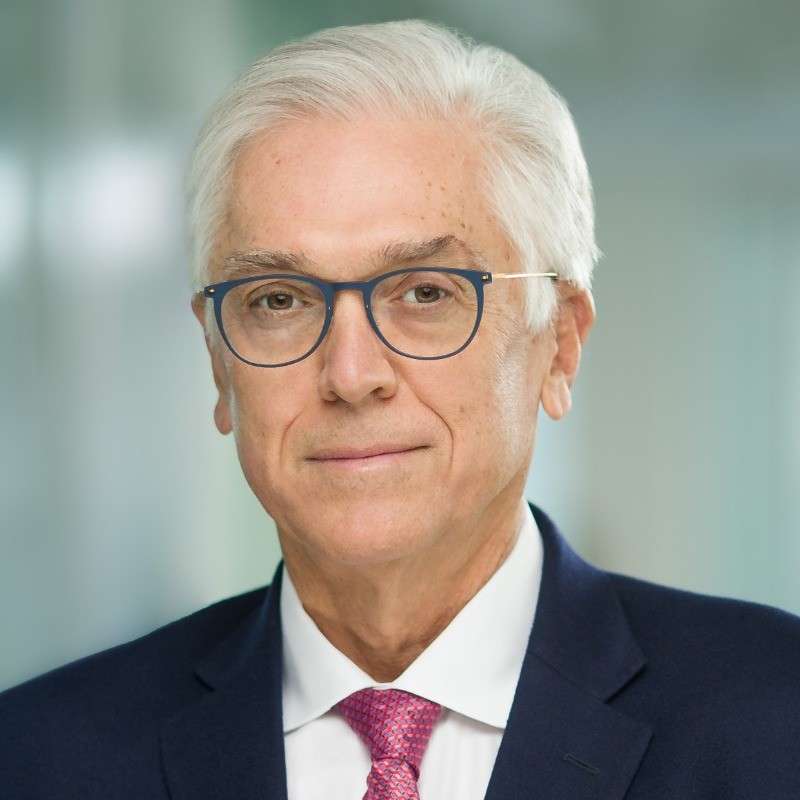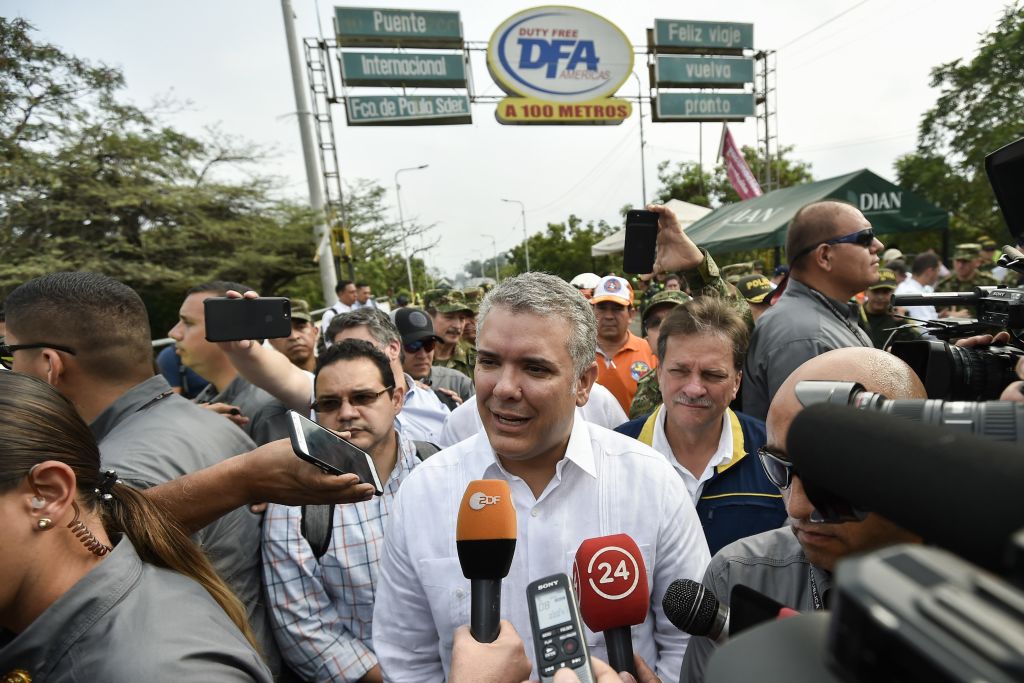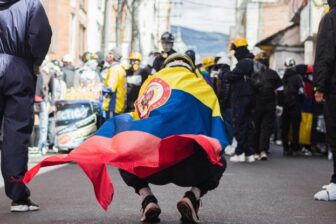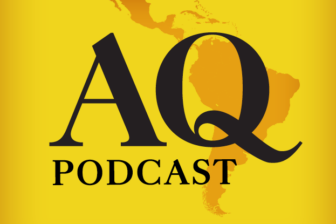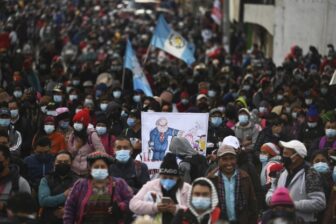New data out of Venezuela reminds us: The scale of the humanitarian catastrophe is truly unprecedented in the modern history of Latin America and our hemisphere. It is now estimated that 95% of the country is living in poverty; three quarters of them in extreme poverty and unable to even secure the minimum amount of daily calories needed.
It is a refugee crisis on a scale similar to that of Syria, although it has not received anywhere near the same attention of the world’s media. This human catastrophe in Venezuela is all the more amazing because it has occurred in peacetime, the sad result of decades of unsound economic policies, political repression and corruption.
That up to 5 million Venezuelans have left the country, many of them as destitute refugees, would have been absolutely unimaginable in the prosperous Venezuela of the 1950s, 60s and 70s, when it was on a per capita basis the wealthiest nation in the region. Throughout those years and even up to the 1990s, Venezuela generously opened its arms to millions of political exiles, immigrants and those looking for safe harbor and economic progress from Argentina, Chile, Colombia and Peru.
As the crisis dragged on, and while many nations grew tired of extending a welcoming hand to Venezuelans, Colombia’s President Iván Duque met the challenge and has tackled the problem with unparalleled humanity and compassion. More than 2 million Venezuelan refugees have fled to Colombia, by far the most of any country, and President Duque announced that Colombia would grant Temporary Protection Status to these undocumented migrants and refugees. This will allow them to legally live and work in Colombia for up to 10 years, providing access to education, access to healthcare and to the employment market as well as legal and social stability. President Duque’s granting of rights-based social protection for Venezuelan migrants has restored their humanity, offering hope and a dignified life.
This was a brave and Herculean undertaking under any circumstances, but President Duque took these actions during the worst pandemic in a century – a pandemic that deeply impacted Colombia. Many of those arriving from Venezuela had significant healthcare needs which have only been aggravated by COVID, and hospitals in Colombia have seen a large influx of patients without the means to pay for their treatments. On top of that, more than half a million migrant children are attending Colombia’s public-school systems, a significant impact to the country’s education infrastructure. The UN High Commissioner for Refugees called Colombia’s actions and support “one of the most important humanitarian gestures in South America in more than three decades.”
The efforts of President Duque are all the more impressive if one considers that, despite being a humanitarian catastrophe comparable to that of Syria, international donors have supported Venezuelan refugees with just a small fraction of the dollar amount given to support Syrian refugees. Less than 10% per refugee, according to a recent Brookings Institute Report.
It was a great honor for me and for the Americas Society (one of the organizations that publishes AQ) to present the Gold Insigne award on Oct. 12 to President Duque for his transcendental leadership and vision. President Duque’s steadfast commitment to tackle one of the world’s major humanitarian crises has set an example for the region and will transform the lives of millions of people facing the most extreme hardship. His bravery, generosity and solidarity will be remembered forever by the people of Venezuela and throughout the world.
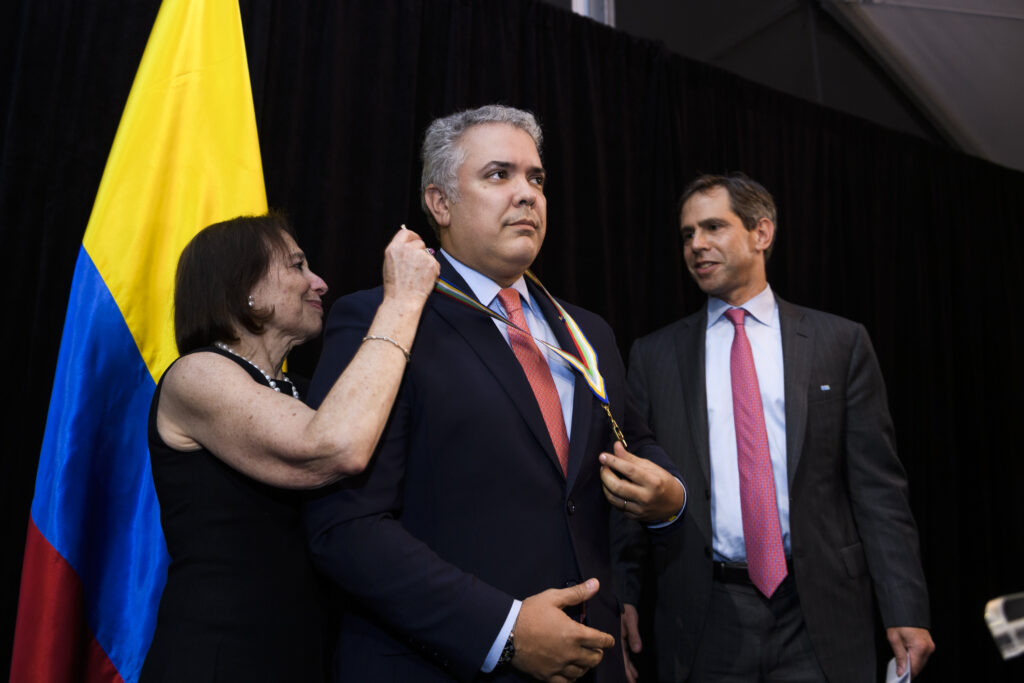
—
Gluski is CEO of AES Corp., and the chairman of Americas Society/Council of the Americas


